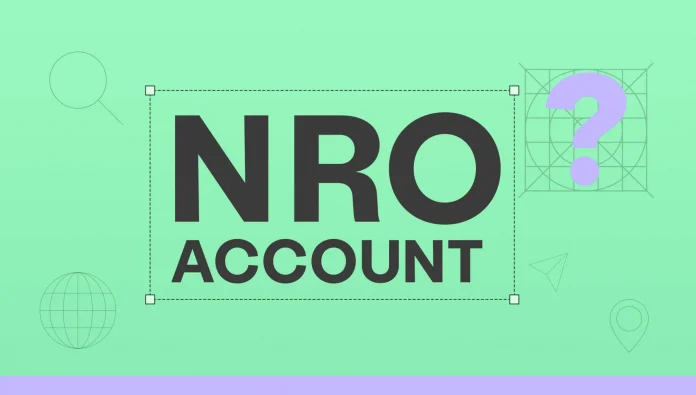NRO accounts are specifically created to assist Non-Resident Indians (NRIs) in handling income generated within India. Let’s explore the meaning, features, benefits, tax implications, and other essential details of NRO accounts to understand their significance better.
Contents
What is an NRO Account?
A Non-Resident Ordinary (NRO) account is a type of bank account in India designed for NRIs to handle income generated in the country. This includes income from various sources such as rent, dividends, pensions, and other earnings. The account can be held in Indian Rupees and is available in different forms, including savings accounts, current accounts, recurring deposits, and fixed deposits.
Who Can Open an NRO Account?
NRO accounts can be opened by NRIs, Persons of Indian Origin (PIOs), and Overseas Citizens of India (OCIs). An interesting feature of NRO accounts is that they can be held jointly with Indian residents or other NRIs. This flexibility makes it easier for NRIs to manage their financial affairs in India.
Key Features of NRO Accounts
Currency and Deposits
- Deposits can be easily made in Indian Rupees as well as foreign currencies.
- Withdrawals are made only in Indian Rupees.
Interest Rates
The interest rate on NRO accounts is typically aligned with domestic savings rates, making it competitive for managing income within India.
Joint Account Options
You can open an NRO account jointly with a resident Indian or another NRI, which is beneficial for family members or business partners.
Accessibility
NRO account holders can access their funds through various means such as internet banking, ATM withdrawals, and cheque books.
SMS Alerts and Notifications
Most banks offer SMS alerts to keep account holders updated on transactions and account activity.
Benefits of NRO Accounts
- Manage Local Income: NRO accounts are well-suited for NRIs receiving income in India. They provide a simple way to manage these funds without the complexities involved with foreign currency transactions.
- Tax Benefits: While the interest earned on NRO accounts is subject to taxation in India (at a rate of 30% plus applicable surcharges), NRIs can benefit from the Double Taxation Avoidance Agreement (DTAA) if applicable. This agreement helps avoid being taxed in both India and the country of residence.
- Repatriation Limitations: Although there are limits on repatriating funds from an NRO account (up to USD 1 million per financial year), the interest earned can be repatriated freely. This offers some flexibility for NRIs looking to transfer money abroad.
- No Exchange Rate Risk: Since deposits and withdrawals are made in Indian Rupees, there is no exposure to exchange rate fluctuations, unlike NRE accounts which deal with foreign currencies.
Taxation on NRO Accounts
Understanding an NRO account’s tax implications is important for effective financial planning:
- Interest Taxation: Interest earned on an NRO account is taxable at a flat rate of 30%. Additionally, it is subject to Tax Deducted at Source (TDS), meaning that taxes are deducted before the interest is credited to your account.
- Wealth and Gift Tax: Funds held in an NRO account may also be subject to wealth tax and gift tax as per Indian regulations. However, NRIs can avail themselves of reduced tax benefits under DTAA agreements when applicable.
How to Open an NRO Account
Opening an NRO account involves a straightforward process:
- Choose a Bank: Select a bank that offers favorable terms for NRO accounts.
- Documentation: Gather necessary documents such as proof of identity (passport), proof of address (in India and abroad), and any additional KYC documents required by the bank.
- Application Process: Fill out the application form online or at a bank branch. Some banks allow you to open an account remotely if you provide all the necessary documentation.
- Initial Deposit: Make the initial deposit as required by the bank’s policies.
- Account Activation: Once your application is processed, your account will be activated, allowing you to manage your funds effectively.
Conclusion
NRO accounts play a vital role for NRIs looking to manage their income generated within India efficiently. With features like joint holding options, local currency transactions, and tax benefits under DTAA agreements, they provide a robust solution for managing finances while living abroad. Understanding the intricacies of these accounts will empower NRIs to make informed decisions about their banking needs in India.
So, if you’re an NRI seeking to manage your Indian income seamlessly while enjoying certain tax benefits and local currency stability, an NRO account could be the right choice for you.












![Index of Money Heist [Season 1, 2, 3 & 4 – All Episodes, Cast and Plot] Index of Money Heist](https://www.asiamediajournal.com/wp-content/uploads/2021/05/Index-of-Money-Heist-3-100x70.jpg)